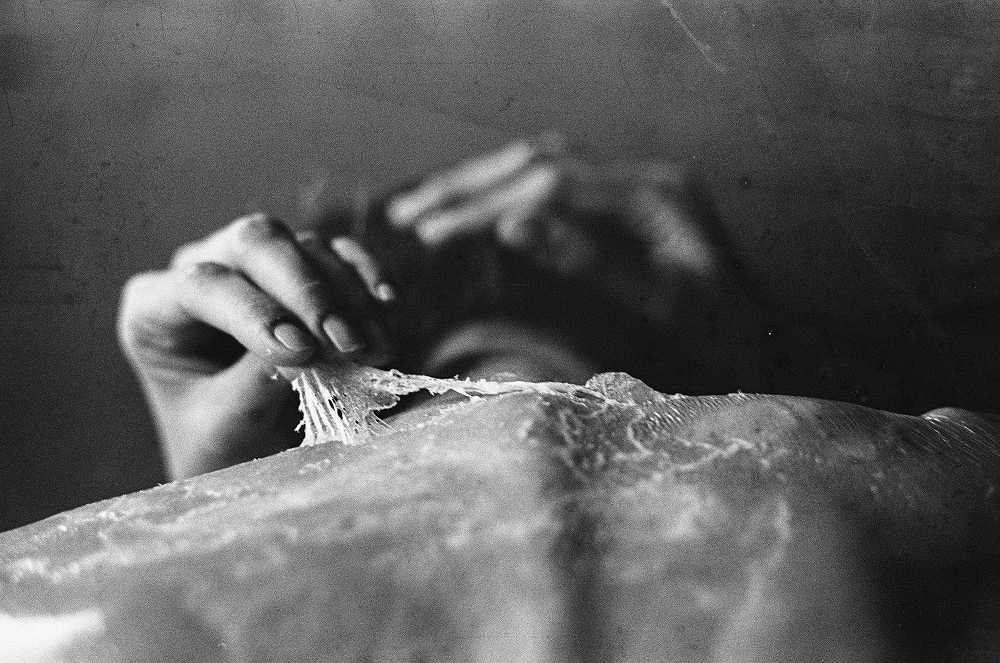When you go to the hospital, why do different doctors give different diagnoses? You feel confused about this. Many patients have experienced this, and almost every medical institution has faced such questions from patients.
From the patient's perspective, I know it's hard to accept something like this, but with my understanding of healthcare, it's hard to absolutely avoid, why?
After communicating with the patient and understanding the condition, the doctor is making a recommendation based on his or her perception, and there are different recommendations that may be influenced by these aspects.
I. The doctor's way of thinking and medical concept
The doctor's ability to analyze and judge the condition is mainly based on what he or she has learned from previous reading and work.
If a correct way of thinking is not established before, it is likely to absorb some wrong knowledge and experience.
For example, if you do not establish critical thinking, you will remember what your teacher teaches you, and you may learn some wrong knowledge if you absorb it without discernment.
If one lacks the concept of evidence-based, one is also likely to take the experience gained by chance once as a reliable experience and then be misled by these experiences.
If you lack the right concept, you will not have the sense to check the evidence when you encounter unclear knowledge, and you will not know how to check the best current evidence, so it will be difficult to give a reliable opinion.
II. The doctor's ability to analyze and judge the condition
This ability is mainly influenced by the doctor's knowledge of the relevant issues, as well as the analysis and diagnostic ability accumulated in clinical practice.
If the doctor has not heard of this disease before, then naturally he cannot diagnose this disease, if the doctor has heard of this disease before, but has not seen or seen less, then it is also likely that he cannot diagnose this disease, and then over the doctor has heard and seen this disease, but has not got good clinical training, lack of good clinical way of thinking, cannot accurately diagnose this disease, and finally give different opinions.
For common diseases, multiple diseases, because most doctors have learned, heard and seen a lot, the chance of all accurate diagnosis will be greater, and the disagreement between doctors will be relatively less.
For rare diseases, only a few specialists may have seen more, and the probability of their diagnosis will be higher, but also, because there are more diseases in the specialty, they will be accustomed to thinking about these diseases, and when the specialist happens to be more complicated, the accuracy of diagnosis is likely to be less than that of the general practitioners.
In addition, the number of patients seen and the continuing education resources received vary greatly from hospital to hospital, and the quality of training received is different, so it is normal to have different diagnostic and treatment abilities.
III. Normal differences in judgment

Doctors make diagnosis based on known information to calculate the probability of various problems, the probability of the largest may be used as a diagnosis, sometimes faced with two or more options with a relatively close probability, and then different doctors made different judgments.
Even if it is the same hospital, the same department, two doctors of the same level, perhaps they are most of the time the same judgment of the same patient are very consistent, but certainly will encounter the same patient have different judgments, which is why there is a need for case discussion, within the hospital and even outside the hospital consultation system.
And as far as doctors are concerned, they will encounter misdiagnosis sooner or later in their lifetime, not to mention that the diagnosis and treatment plan is different from another doctor's. If they don't encounter it, it's more because they don't know or they see too few patients.
How to minimize it?
As a service based on natural science, the diagnosis of disease is theoretically unique, and if it is based on the same criteria, the best treatment plan should be close to one, but since medicine is a person-to-person service, standardization is really a big challenge.
In my understanding, first of all, there should be a unified medical concept, and then standardized medical education and standardized training, in order to be able to output a more uniform and reliable service.
As a patient encountered what to do?
Minimizing is not the same as not having. As a patient encountering a different situation, what should I do?
According to the decision making idea of evidence-based medicine, the doctor's recommendation and opinion should be based on the current best evidence, integrated with the doctor's experience and the patient's value will be made, among these 3, the latter 2 are subjective factors, relatively bad to judge right or wrong, while the current best evidence is objective, is easy to judge right or wrong.
So we still look more at whether the doctor's statement is based on reliable evidence and logical advice for their own opinions and recommendations, which are usually more reliable.




